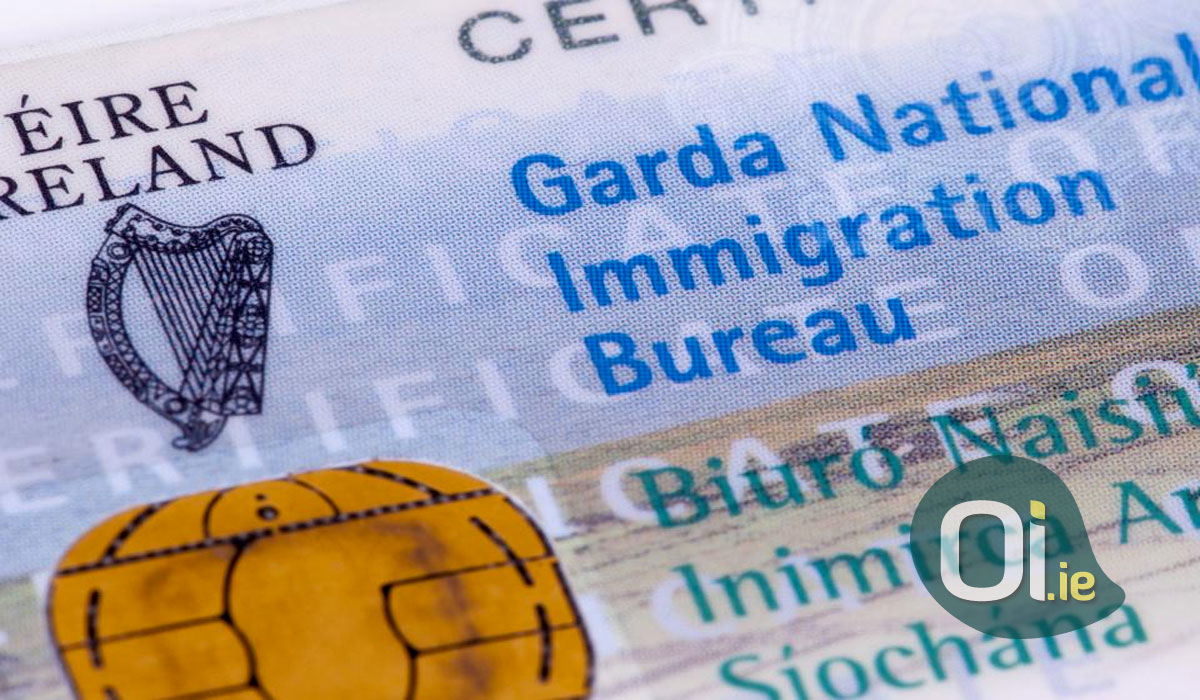In Ireland, the stamp – which means “stamp” in English – goes far beyond literal translation. Each stamp corresponds to a type of visa, indicating the activities that a foreigner can perform in the country, and the length of stay allowed. For example, if you are an English student in Ireland, you get the stamp 2 , which entitles you to stay in the country until completion of the course and work for up to 20 hours a week during the term .
Each stamp has different rules and requirements, and some count points for the naturalization process, which entitles you to become an Irish citizen. To better understand the difference between each of them, we have prepared a summary of the different types of stamp in Ireland:
Stamp 0
Temporary permission given to people in specific situations, who have the resources to support themselves or are sponsored by a company or university. For example: retirees, university professors and dependents on Irish citizens.
Stamp 1
Work permit given to professionals, entrepreneurs and investors. To obtain it, you must have a job offer from an Irish company, or permission to open a business in the country (with an investment of at least € 1 million). There is also the stamp 1G, which is given to recent graduates after completing the course to look for a job in the field of training.
Stamp 2
Study permission given to students enrolled in full-time programs, such as English, undergraduate and graduate courses. To be valid, the program must be part of of this list . This visa allows you to work up to 20 hours a week during the school term, or up to 40 hours a week during holidays.
If the course is not part of the list of recognized courses, the student can receive the stamp 2A, which allows them to remain in Ireland until the conclusion of the course, but does not allow them to work or exercise any type of paid activity.
It is important to remember that the period with stamp 2 does not count as time of residence in the naturalization process for obtaining Irish citizenship.
Stamp 3
Permission given to volunteers, missionaries and other individuals engaged in humanitarian causes. It is also given to family members of foreign professionals who reside in Ireland on a work visa ( stamp 1).
Stamp 4
It is the real “residence permit” in Ireland, which gives you the right to study and work in the country without any restrictions. To be entitled to stamp 4, you must have worked in the country for at least 5 years (or 2 years, if the profession is considered a critical skill ). Permission is also given to researchers and spouses of Irish or European Union citizens.
Stamp 5
Permission given to foreigners who have lived in Ireland for at least 8 years. The length of stay, in this case, is indeterminate and has no expiration date.
Stamp 6
Permission reserved for Irish citizens with dual nationality.





